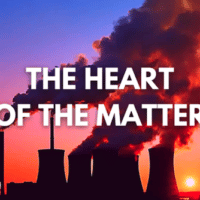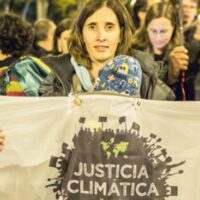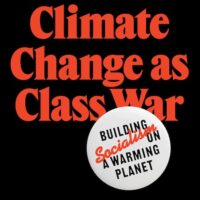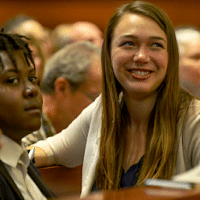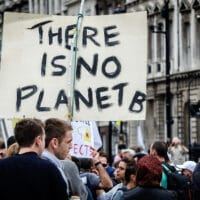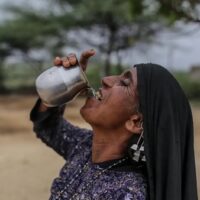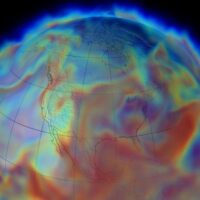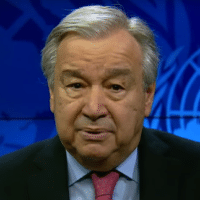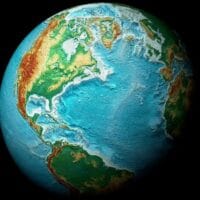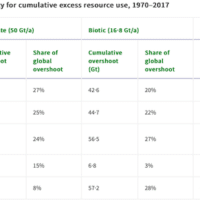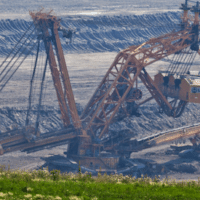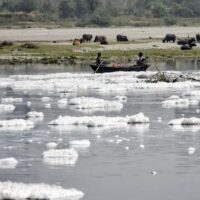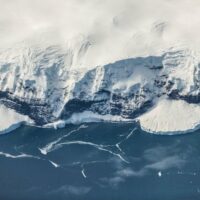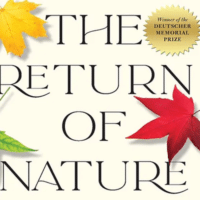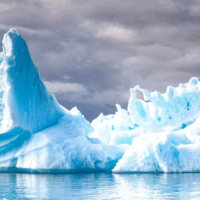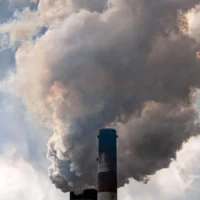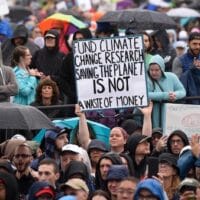-
The heart of the matter
The Supreme Court’s undermining of the EPA’s ability to fight climate change brings the terms and stakes of the current crisis into blinding focus.
-
At Bonn climate talks, rich nations stab poor countries in the back — again
The rulers of rich nations are like arsonists who, after lighting the fire, prevent anyone calling the fire brigade. An example of this took place at the Bonn Climate talks that finished on June 16.
-
Who is to blame for 30 years of climate change inertia?
Two new books trace the history of global inaction over the climate emergency, and seek to identify the culprits.
-
Biden is preparing to crush a historic climate change lawsuit
A vital effort to establish a legal right to a living planet could soon move forward—but the Biden administration is trying to stop it.
-
Prevent pandemics and halt climate change? Strengthen land rights for Indigenous peoples
Land is and means different things to different people. Indigenous, pastoralist, and rural farming communities are especially dependent on land, which is widely recognised by conservation organisations. Such communities are often uniquely vulnerable to the effects of ecosystem destruction while simultaneously having strong social norms and cultural values that support ecosystem preservation.
-
India and Pakistan’s brutal heat wave poised to resurge
2022 will likely be one of the coolest years Earth will experience in the foreseeable future; much more intense heat waves are in India and Pakistan’s future.
-
How the corporate interests and political elites watered down the world’s most important climate report
The IPCC scientist in Working Group III in charge of proposing a concrete mitigation plan, that is, to reduce emissions and seek viable solutions (technological, economic, and social) to the biggest crisis ever faced by humankind. The science has never been clearer: we must drastically reduce emissions to have a chance of maintaining the climate stability that allows us to live on this planet.
-
Mitigation of Climate Change Report 2022: “Litany of broken climate promises” – UN Chief
In a video message, António Guterres said the report “is a file of shame, cataloguing the empty pledges that put us firmly on track towards an unlivable world.” According to the new publication, the planet is on a pathway to global warming of more than double the 1.5-degree limit agreed in Paris.
-
IPCC WG3 report: from scientific rigor to social fable
The report starts by taking stock of the state of mitigation. In fact, it is more a question of a failure to mitigate. Global emissions of all greenhouse gases combined have increased by 11% compared to 2010. Their volume (59 GTCO2eq in 2018) is larger than ever in human history. Between 2010 and 2018, the rate of increase slowed down somewhat: 1.3% per year, compared to 2.3% during the previous decade.
-
Cuba prepares for disaster
The book traces Cuba’s preparedness from the threat of a U.S. invasion following its revolution through its resistance to hurricanes and diseases, which all laid the foundation for current adaptions to climate change.
-
National responsibility for ecological breakdown: a fair-shares assessment of resource use, 1970–2017
We propose a novel method for quantifying national responsibility for ecological breakdown by assessing nations’ cumulative material use in excess of equitable and sustainable boundaries.
-
IPCC report calls for ‘immediate and deep’ carbon cuts to slow climate change
Current pledges to cut emissions won’t be enough to slow climate change, according to a new report from the United Nations’ Intergovernmental Panel on Climate Change (IPCC).
-
‘Indian Rivers are in ICUs, Drying up Fast’ — Waterman Rajendra Singh
“Twenty-one Indian cities are going to be waterless very soon,” Rajendra Singh tells me in an interview for NewsClick conducted last week in Delhi. Singh is alluding to a prediction in a Niti Aayog report on water. He says, “It means that the underground and surface water availability will become zero.” Another report says 72% of water reservoirs are in overdraft.
-
Antarctica on edge
East Antarctica, often times referred to as “the final frontier of global warming,” is making headlines once again.
-
Capitalism’s crimes against nature — interview with author Jeff Sparrow
Australian socialist Jeff Sparrow is a writer, broadcaster and Guardian Australia columnist. He spoke to climate activist Martin Empson about his book, ‘Crimes Against Nature—Capitalism and Global Heating.’
-
‘The Return of Nature: Socialism and Ecology’
The product of several decades of research, this is a book accessibly written but rigorously researched with footnotes meticulously collected for those looking for a jumping off point through various archives.
-
Record heat waves sweeping both Poles of Earth, climate scientists warn of danger
While the world is concerned about climate change and almost irreversible global warming, the polar region is specifically important owing to their sensitive climatic conditions.
-
Pacific Northwest: The salmon fishery, climate change and the eco-system
Salmon have shaped the lives and cultures of people in the Pacific Northwest since ancient times. These migratory fish who return each year from the deep sea to the rivers, where they were born to mate, give birth and die–then nourish the forests’ soil after death–are legendary.
-
There is no ‘green transition’
These days it’s no longer viable for the rich and powerful and their political servants simply to deny the reality of climate change and other environmental challenges. The new fad is to talk up whatever (inevitably small-scale) green initiatives are happening, and spruik the array of magical technological fixes that, like Forrest’s beloved “green hydrogen”, are always somehow just on the verge of taking off.
-
Climate research strike? Linking up environmental science with the ‘science of society’
Hundreds of IPCC scientists provide the United Nations periodically with reports on adverse impacts of climate change. The most recent report, issued in February, details rising seas, terrible droughts, atypical weather events, thawing permafrost, dying forests, and massive displacement of populations.

